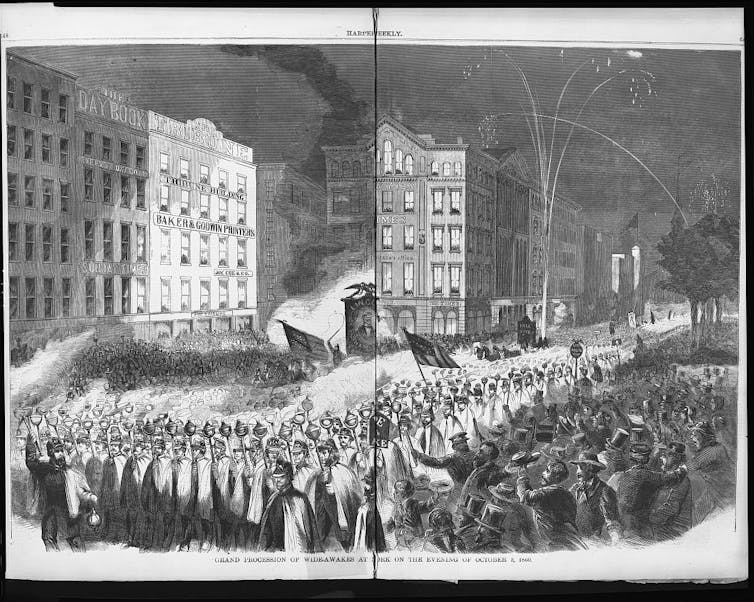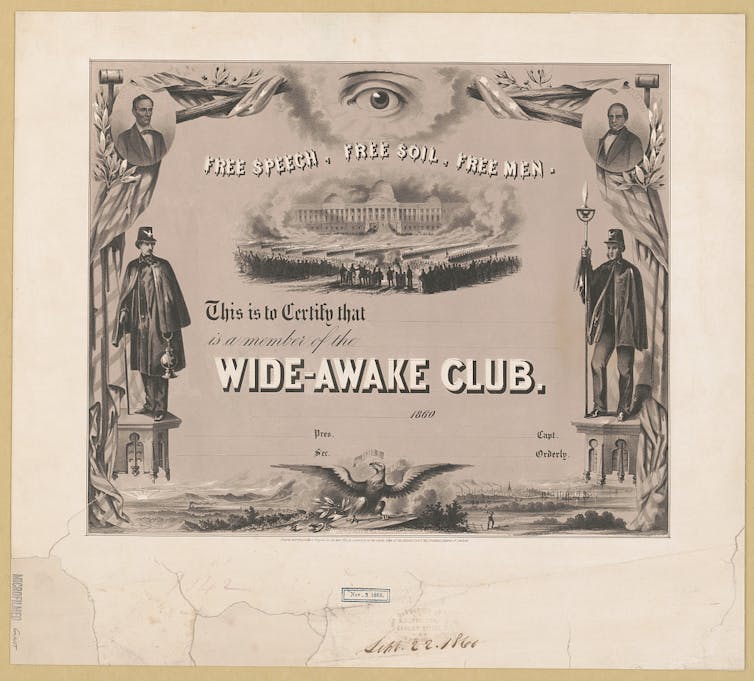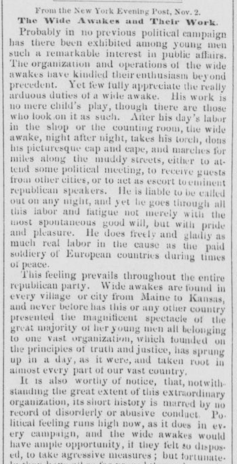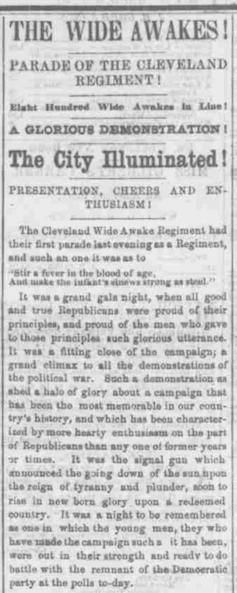The Assault on Democracy Goes Global
BECAUSE DEMOCRACY IS 'PROGRESSIVE'
Much of the world looks bleak in the fall of 2024.
Israel’s assault on Gaza, the world’s first livestreamed genocide, goes on unchecked, with material and diplomaticsupport from powerful countries. Emboldened by this support, Israel is now attacking Lebanon as well.
Large numbers of people in countries abetting the genocide are appalled at their own governments’ position, and are using a multitude of tactics to demand their governments stop supporting genocide, but their governments are stubbornly sticking to their position.
This is also likely to be the hottest year ever recorded, with life-threatening heat waves in Mexico and South Asia, devastating hurricanes hitting the Caribbean and the U.S. South, and unprecedented wildfires in Canada.
Governments of powerful countries are on the wrong side of this issue as well. They continue recklessly issuing permitsfor expanding fossil fuel infrastructure. Confronting fossil fuel barons is politically popular, but governments of self-proclaimed democracies ignore public opinion.
As with the Gaza genocide, people in these countries — and worldwide — are using creative protests to challenge the fossil fuel industry and its government and financial backers.
When governments ignore popular demands, people protest. In a democracy, they have a right to do so. Even when these protests break laws (for example, by blocking access to government offices), evolving norms of democratic rights recognize civil disobedience as a form of free speech that can lead to legal consequences but that should not be criminalized.
But the same Western democracies who claim to represent the “free world” have seen dangerous backsliding on the right to protest.
Erasing Palestine
Governments in Western democracies violate core protections for free expression when it comes to solidarity with Palestine. In Germany, this has included blanket bans on Palestine solidarity demonstrations (subsequently lifted after political pressure and legal challenges), and censorship and retaliation directed at critical voices.
Germany is not unique in this regard. Amnesty International notes a concerning trend of restrictions on Palestine solidarity activism across Europe.
In the U.S., Palestine solidarity encampments on college campuses in the spring of 2024 were met with a heavy-handed response from university officials and law enforcement. Students faced suspension, evictions from university housing, violence from police and vigilantes, arrests, and serious criminal charges for actions such as sit-ins and building occupations, which have a long history in U.S. student protests.
Many U.S. colleges adopted highly restrictive policies to prevent protests before reopening for the fall semester, raising serious concerns about their respect for their students’ free speech rights.
Criminalizing Climate Protection
Even as the world heads towards climate catastrophe, governments of wealthy nations most responsible for the crisis are criminalizing resistance against fossil fuels.
Few examples are as egregious (and blatantly racist) as the Canadian states’ response to Indigenous Wet’suwet’en peoplesprotecting their traditional territories from a polluting gas pipeline they didn’t consent to. Protesters have faced harassment, surveillance, and militarized raids by law enforcement and the pipeline company’s private security force.
Amnesty International has declared Dsta’hyl, a Clan Chief of the Wet’suwet’en, to be the first prisoner of conscience in Canada because of his house arrest for resisting the pipeline. Canada attacks Indigenous peoples fighting for their futures (and all of our collective futures) even as it increases production of polluting tar sands oil.
South of the border in the United States, the world’s largest oil and gas producing country, environmental defenders have been targeted by laws criminalizing protest against fossil fuel infrastructure, now on the books in nearly half the states,
My former colleague Gabrielle Colchete and I found in a 2020 study that these laws were systematically pushed by fossil fuel industry interests, and introduced by legislators who were plied with campaign cash by the industry. We looked at case studies of three communities targeted by polluting infrastructure projects that benefited from these laws. They were Black, Indigenous, or poor white communities, with more widespread poverty than the national average. Clearly, these laws were intended to further restrict the ability of already marginalized communities to resist projects that would sacrifice their health and livelihoods yet again for corporate profit.
Meanwhile, in Australia, a major coal and oil producer, both the national and state governments are targeting peaceful climate activists with punitive laws. A recent study by Climate Rights International has documented this trend in eight countries (including the U.S. and Australia) in great detail.
What emerges is a chilling pattern of powerful, wealthy countries who have no intention of stopping their expansion of fossil fuel production, but are instead resorting to draconian crackdowns on growing public opposition. This bodes ill for the likely state response to popular desperation and anger in the not so distant future when heatwaves, wildfires, hurricanes, and food scarcity reach catastrophic levels, which they inevitably will if these countries don’t reverse course on fossil fuels.
Framing Dissent as Conspiracy
In the U.S. in particular, in addition to solidarity with Palestine and resistance to fossil fuels, the abolitionist movement against racist, militarized policing also faces extraordinary repression. The state response to the fight against a militarized police training facility in Atlanta best exemplifies this.
Authorities have killed a movement activist, Manuel Paez Terán (also known as Tortuguita), in what looks suspiciously like a targeted assassination, or at best a “friendly fire” accident, followed by an official cover-up. They have used overbroad conspiracy charges to target operators of a community bail fund, and about 60 other activists. The evidence cited for conspiracy and intent to commit crimes includes distributing flyers, social media posts, recording the police, writing legal support numbers on their arms, and using encrypted messaging apps such as Signal.
More recently, the conspiracy charges against the community bail fund collective have been dropped. It’s likely the state knew all along that the charges were baseless, but prosecuted them anyway, with the goal of intimidating activists.
The police training center, dubbed “Cop City” by activists, is broadly unpopular in Atlanta. City Council hearings on the subject have generated hours of public testimony, overwhelmingly in opposition to the project. Opponents of the training center have collected twice as many signatures as required for a ballot initiative to stop public funding for the center, only to be stymied by bad-faith legal maneuvers by the city to keep the measure off the ballot.
This is the real criminal conspiracy: the State of Georgia and the City of Atlanta are conspiring to thwart expression of the popular will through official channels, and to criminalize protests, effectively closing off all avenues for the public to have a say in a project that impacts them.
Creeping Authoritarianism
Authoritarian governments are on the rise worldwide, in Russia, India, Hungary, and elsewhere.
But increasingly, authoritarianism isn’t a feature of overtly authoritarian governments alone. Nominally liberal democracies are turning to authoritarian methods to crush popular dissent against the status quo favored by the elite. This status quo includes support for a belligerent, lawless Israel to uphold Western geopolitical interests in the Middle East, and unwavering loyalty to the powerful, politically connected fossil fuel industry.
This is highly relevant to our organizing today. Keeping overtly far-right political parties out of power (as French voters did recently) is essential, but insufficient. Recent events in France, where President Macron is refusing to honor the election results, confirm the ongoing threats to democracy even when the far right is not in power.
Movements for democracy need to understand, name, and confront creeping authoritarianism in so-called free countries, regardless of who is in power.




